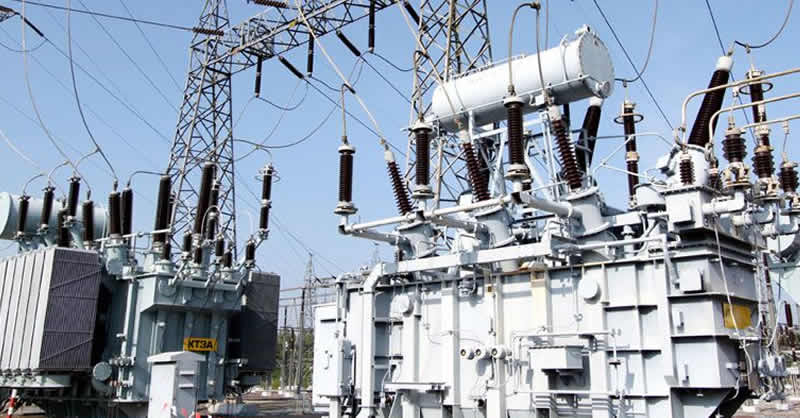Amidst apparent economic boom claims broadcasted on Russian state TV, the reality of a plummeting rouble suggests a contrasting narrative. While presenters tout rising GDP and soaring oil and gas revenues, the rouble’s nosedive to a 16-month low paints a different picture. The consequences of this fall are likely to sting, with pressure mounting on Russia’s economy due to surging imports, increased military expenditures, and the potential for inflation.
Despite the optimistic façade, analysts warn that the devalued rouble will have tangible effects. Ordinary Russians will bear the brunt as foreign travel becomes costlier, with many predicted to opt for domestic holidays instead. Travel challenges have already been exacerbated by Western sanctions, limiting foreign visa issuance and access to foreign bank transactions.
Notably, the rouble has faced similar plunges before, notably during the full-scale invasion of Ukraine. While it previously recovered, some economists now argue that the recovery was artificially orchestrated under Central Bank management. This time, the rouble’s free fall appears more likely to cause lasting consequences.
Even in the midst of economic turbulence, the Russian population remains resilient. After enduring 18 months of war and international isolation, the country’s citizens have become accustomed to adversity. The Kremlin retains a tight grip on the nation, bolstered by sufficient resources to maintain control.
While Russia’s central bank convenes to discuss a potential interest rate hike, the truth remains: the rouble’s tumble may not induce panic, but its effects will undoubtedly leave a mark on the everyday lives of ordinary Russians.
Source: BBC
Advertisement





